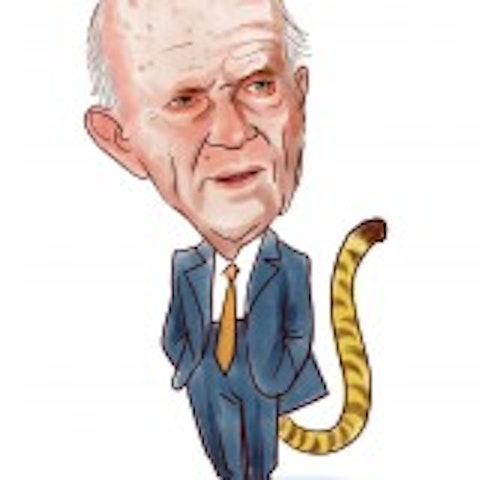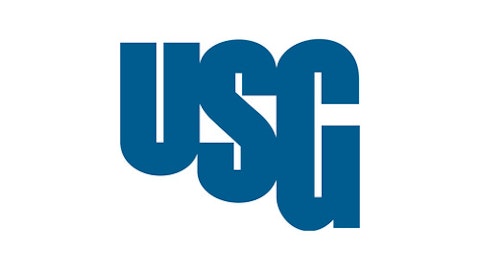Julian Robertson, who became a billionaire through his success at Tiger Management and also groomed many “Tiger Cubs” who currently manage their own hedge funds, filed his 13F for the first quarter of 2013 in May. Even though the information in 13Fs is a bit old (they disclose many of an investor’s long equity positions as of the end of the previous quarter), there are a couple ways to make use of this information. For one, we use 13Fs to develop investment strategies; we have found, for example, that the most popular small caps stocks among hedge funds generate an average excess return of 18 percentage points per year (learn more about our small cap strategy). We can also screen individual managers’ top picks for stocks which have “high upside potential” in the sense of having low PEG ratios. Read on for Robertson’s five largest positions in stocks with a five-year PEG ratio of 0.9 or lower (or compare these picks to his previous filings).
Robertson reported a position of about 330,000 shares in Chicago Bridge & Iron Company N.V. (NYSE:CBI). Wall Street analysts are expecting high earnings growth at the infrastructure services company: its forward earnings multiple is 12, with a PEG ratio of 0.7. A recent acquisition has caused large increases in revenue and adjusted operating income compared to a year ago. We’d note that Chicago Bridge & Iron has the Warren Buffett seal of approval: the stock was one of Berkshire Hathaway’s new picks during Q1, with the holding company owning 6.5 million shares by the end of March (see more of Buffett’s stock picks).

Ocwen Financial Corporation (NYSE:OCN) was another high upside potential pick. The $5.6 billion market cap company services mortgage loans, including subprime residential loans, and has been quite acquisitive recently. It is up 160% in the last year, and while its trailing earnings numbers do not look particularly strong compared to its valuation the sell-side is bullish with the result being a forward P/E of 8 and a PEG ratio well below 1. Billionaire James Dinan’s York Capital Management initiated a position in Ocwen between January and March (research more stocks Dinan was buying).
According to the 13F, Robertson cut his stake in QUALCOMM, Inc. (NASDAQ:QCOM) by 14% but he still had a little over 270,000 shares in his portfolio at the beginning of April. Qualcomm carries trailing and forward earnings multiples of 18 and 13, respectively, and analyst expectations for continued growth imply a PEG ratio of 0.8. Indeed, both revenue and earnings from continuing operations were up about 20% or more in its most recent quarter compared to the same period in the previous year. Lone Pine Capital, managed by billionaire and Tiger Cub Stephen Mandel, was one major shareholder in Qualcomm (check out more stocks Mandel likes).
Robertson disclosed a new position in $7.7 billion market cap cruise liner Royal Caribbean Cruises Ltd. (NYSE:RCL). Business for Royal Caribbean hasn’t been that bad, considering events in the cruise line industry, and the stock is currently valued at 11 times forward earnings estimates even with the stock up 48% in the last year. We’d note that Royal Caribbean is highly dependent on the broader economy with a beta of 2.8. John Thaler’s JAT Capital Management also took a new position in the company, and was the largest shareholder out of the filers we track in our database.
Disclosure: I own no shares of any stocks mentioned in this article.






